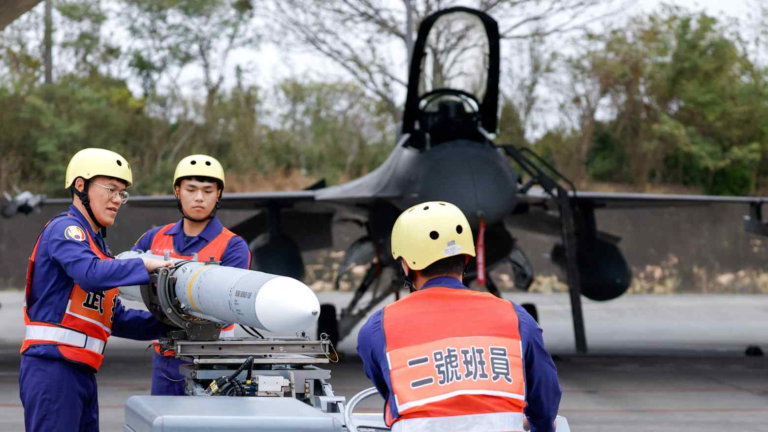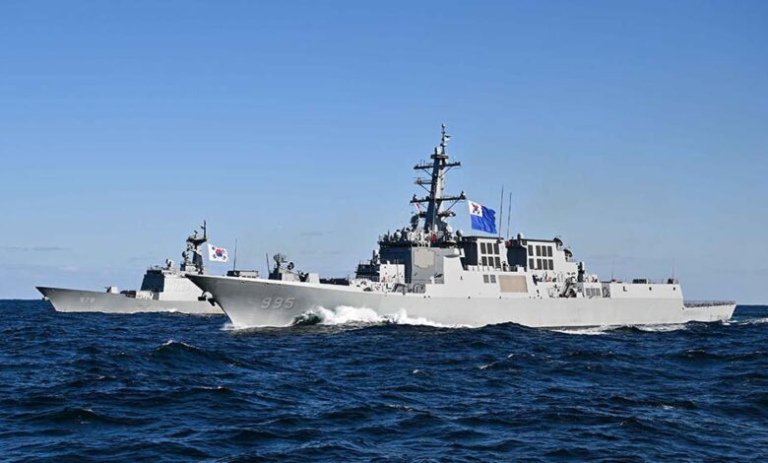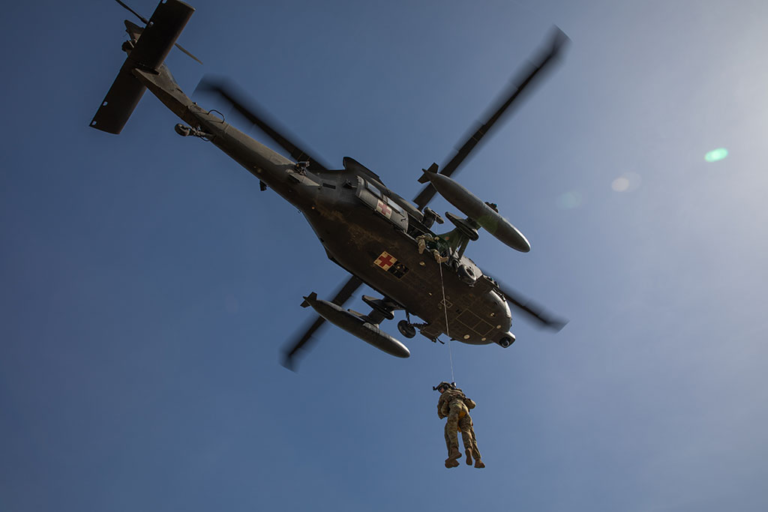
Japan joined the multinational military exercise Balikatan in the Philippines for the first time in late April 2025, participating alongside Australian, Philippine and United States forces. Observers came from 16 nations: Brunei, Canada, the Czech Republic, France, Germany, India, Indonesia, Lithuania, Malaysia, the Netherlands, New Zealand, Singapore, South Korea, Thailand, the United Kingdom and Vietnam.
The Japan Maritime Self-Defense Force will participate in a South China Sea patrol with Philippine and U.S. vessels. The multinational maritime exercise off the Philippine island of Luzon will extend to Manila’s exclusive economic zone (EEZ), which stretches 200 nautical miles from the coast.
Although Balikatan does not focus on any potential adversary, tensions have flared in the economically vital waterway over the past two years as the Philippines exposes China’s illegal, coercive, aggressive and deceptive activities. Beijing claims almost all of the South China Sea, defying a 2016 international tribunal ruling that invalidated its arbitrary territorial assertions. China Coast Guard and maritime militia vessels have blocked, rammed and harassed Philippine military and civilian fishing crews operating in Manila’s internationally recognized EEZ, where the Philippines has an exclusive right to resources. Beijing uses similar tactics to harass other South China Sea claimants, including Indonesia, Malaysia and Vietnam.
Balikatan, which means shoulder to shoulder in the Philippine language Tagalog, is marking its 40th iteration between longtime treaty allies the Philippines and the U.S. With more than 16,000 multinational troops, it builds on the complexities of previous exercises to demonstrate the Armed Forces of the Philippines’ (AFP) modernization and enhance allies’ military interoperability and readiness.
“To fight as a team, we have to train as a team,” said Philippine Navy Commodore Richard Gonzaga, the 2025 exercise director. “Even in the 40th iteration, we approach each Balikatan with a renewed focus on developing combined training that ensures we are prepared and confident to fight and win together if called upon.”
Philippine and U.S. officials said the exercise will be a full battle test incorporating virtual and constructive scenarios. It will span air, cyber, land, sea and space domains as combined military personnel simulate defending Philippine sovereignty, the U.S. Defense Department stated. Integrating at tactical and operational levels allows allies to validate, refine and improve capabilities.
Balikatan includes logistics, humanitarian assistance, and command and control exercises. Philippine and U.S. personnel supplied heavy equipment and other assets using landing craft and expeditionary vessels.
Troops also are improving local infrastructure and will share medical skills to solidify ties with Philippine communities.
In command and control drills, AFP and U.S. personnel will establish joint task forces and synchronize operations. Australian, Philippine and U.S. troops will train to identify and target potential threats using each other’s platforms.
Combined, joint all-domain operations will include maritime security, counter-landing live fire, integrated air and missile defense, and maritime strikes.
“Balikatan 25 is more than a continuation of training over several decades. It’s a vital investment in our shared security,” said Lt. Gen. James Glynn, commander of U.S. Marine Corps Forces Pacific. “Together with our steadfast allies in the Armed Forces of the Philippines, and with the growing involvement of nations with shared vital interests, like Australia and Japan, we are operating as a force with mutually supporting capabilities ready to meet challenges in the region and defend a Free and Open Indo-Pacific.”





